FWS Beringian Seabird 2004
Citation
Hyrenbach, D., S. Stephensen and D. Irons. 2013. FWS Beringian Seabird 2004. Data downloaded from OBIS-SEAMAP (http://seamap.env.duke.edu/dataset/270) on yyyy-mm-dd. https://marineinfo.org/doc/dataset/3395
Availability:
 This dataset is licensed under a Creative Commons Attribution 4.0 International License. This dataset is licensed under a Creative Commons Attribution 4.0 International License.Description
GIS-based database containing locations and names of seabird breeding colonies in Alaska (AK) and Russia (RU), the species of birds that nest in each colony, and the numbers of each species. more
The Beringian Seabird Colony Catalog is a computerized, GIS-based database, maintained by the Division of Migratory Bird Management, United States Fish and Wildlife Service, in Anchorage, Alaska. It contains the locations and names of seabird breeding colonies in Alaska (AK) and Russia (RU), the species of birds that nest in each colony, and the numbers of each species. The colony number consists of a map number and a site number. Map number (1 - 153) refers to a United States Geological Survey (USGS) 1:250,000 quadrangle, which is not the same as the official USGS map number. A site number refers to a specific colony and is not duplicated within the quadrangle. The site name is derived from an official name on USGS map, if one exists; otherwise a descriptive name was invented. Purpose We count birds in some colonies (or in parts of the colonies) each summer. This tells us whether the birds' populations are healthy. If a population is getting smaller, we study it and try to learn what the problem is. In the area that was affected by the Exxon Valdez oil spill, we study seabirds to learn whether they are recovering from the oil. We count the birds in winter and summer. We study how many eggs the birds lay and how many young birds they raise each summer. We also study how they find their food at sea. We work with observer programs to learn how many birds are caught in fishing gear. This tells us whether seabird breeding populations are impacted by fisheries bycatch. An earlier version of this catalog was published (see Sowls et al. 1978). Many data in the 1978 publication have been superseded by this current database, but it is still a helpful reference. For a recent description of this dataset, please refer to Stephensen and Irons (2003). Scope Themes: Biology > Birds Keywords: Marine/Coastal, I, North Pacific, IN, Bering Sea, Aves Temporal coverage
1 July 2004 Taxonomic coverage
Aves [WoRMS]
Contributors
Related datasets
Published in: OBIS-SEAMAP: Spatial Ecological Analysis of Megavertebrate Populations, more
Publication
Based on this dataset
Stephensen, S.W.; Irons, D.B. (2003). Comparison of colonial breeding seabirds in the eastern Bering Sea and Gulf of Alaska. Mar. Ornithol. 31: 167-176, more
Dataset status: Completed
Data type: Data
Data origin: Research
Metadatarecord created: 2012-11-19
Information last updated: 2016-06-30
| ||||


